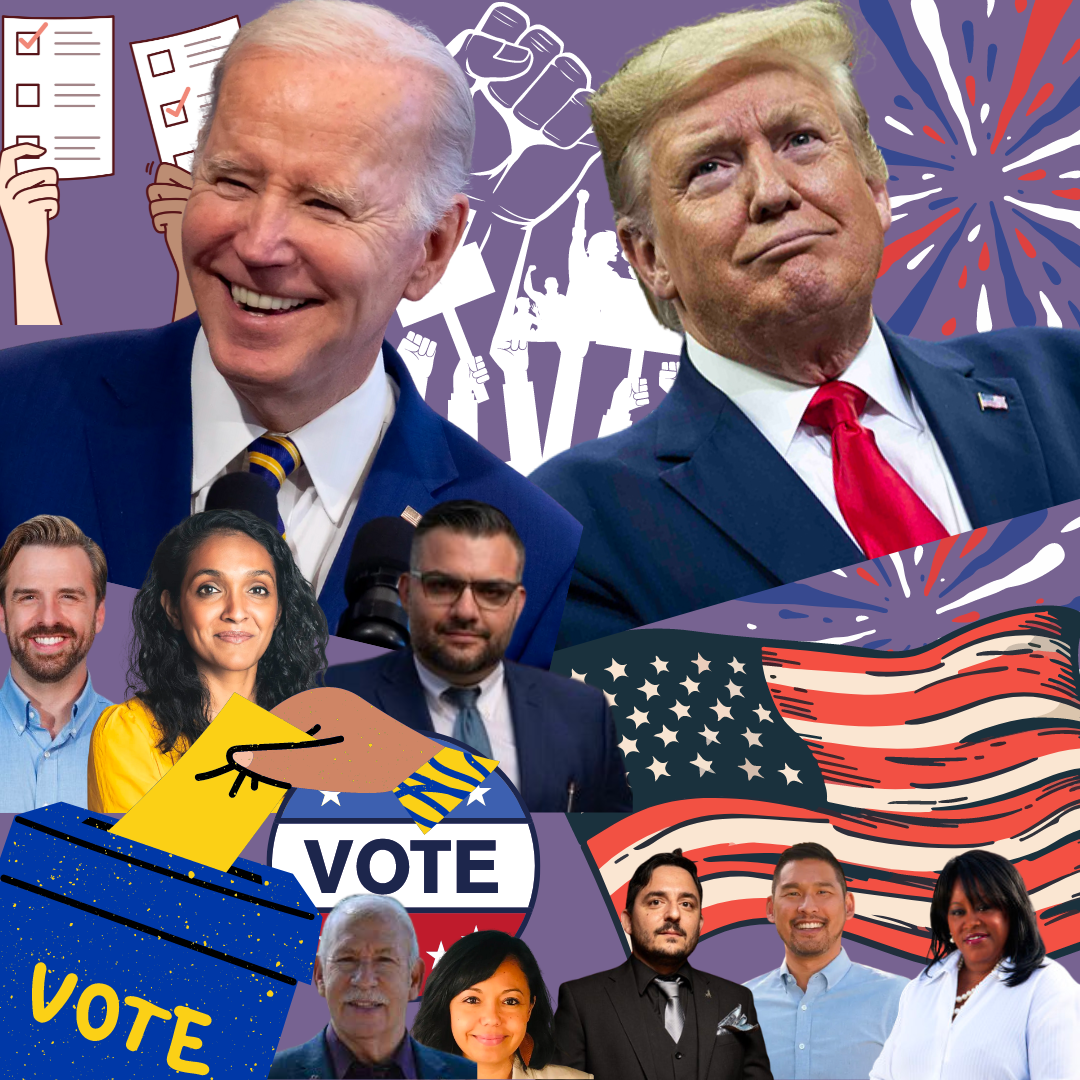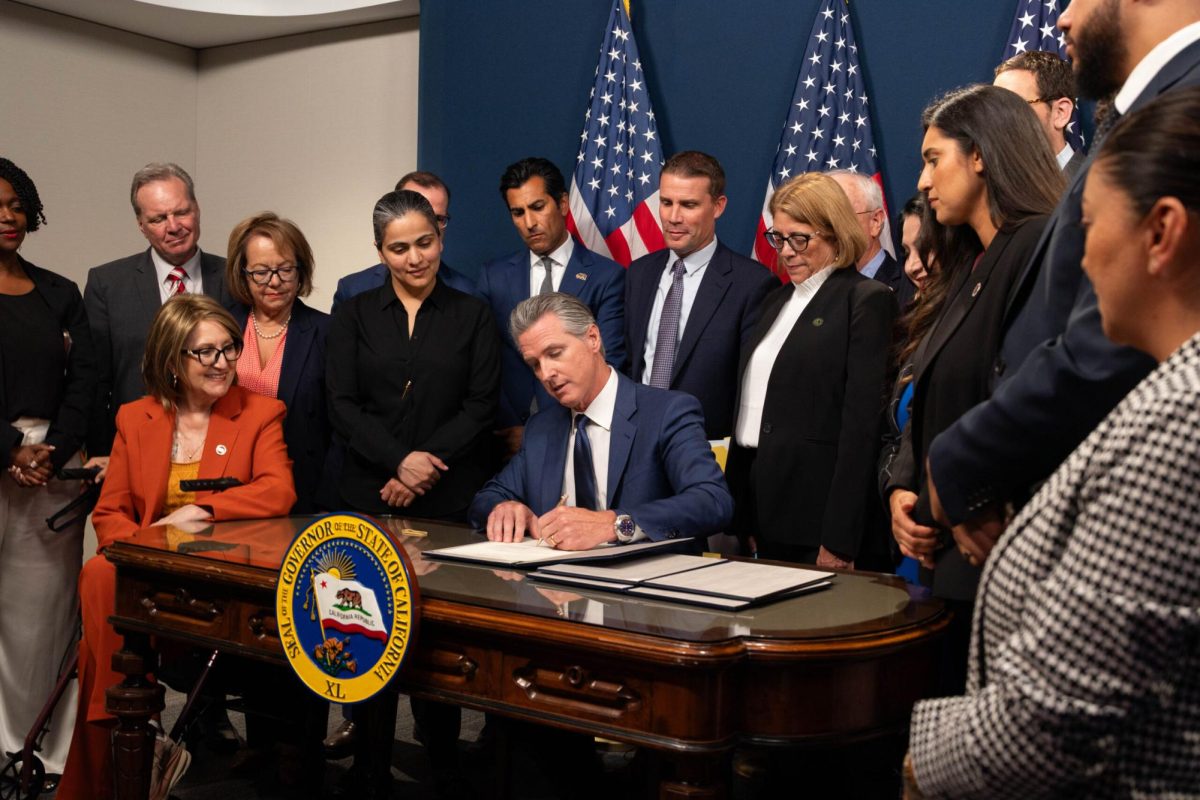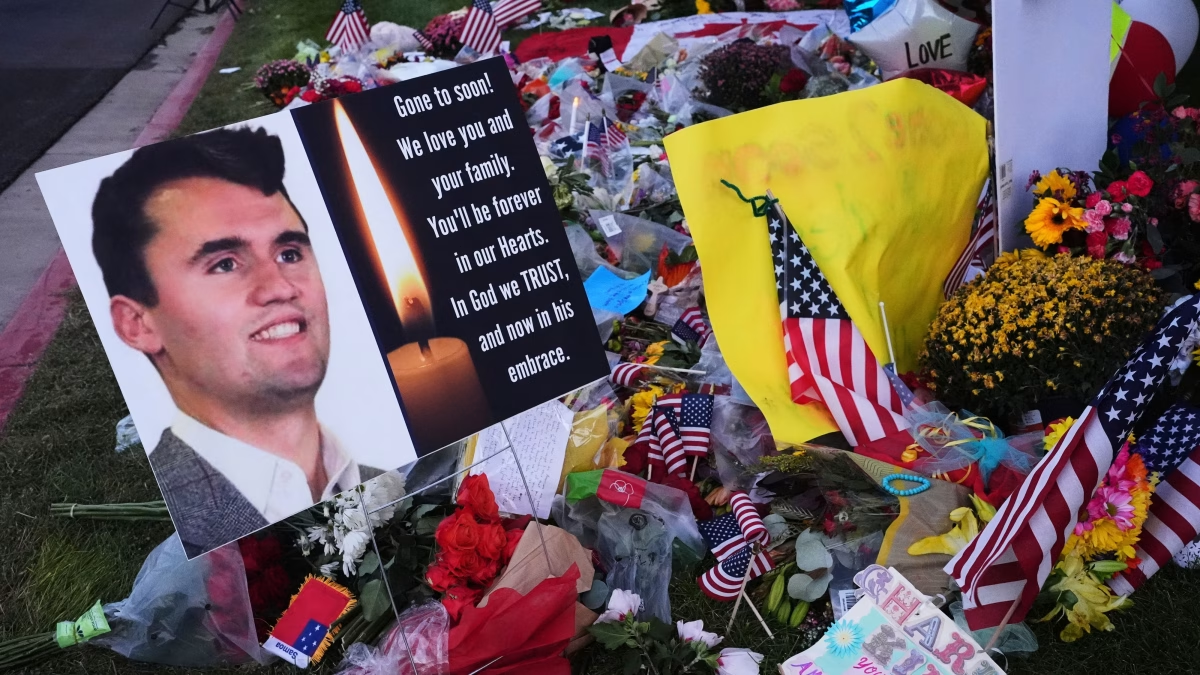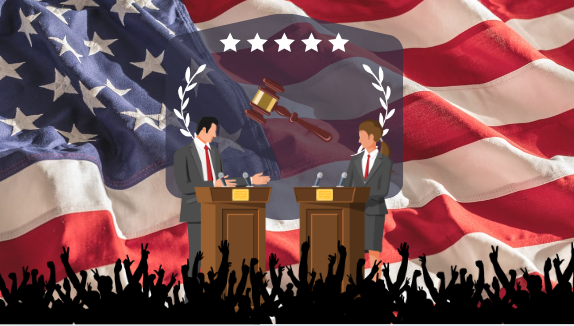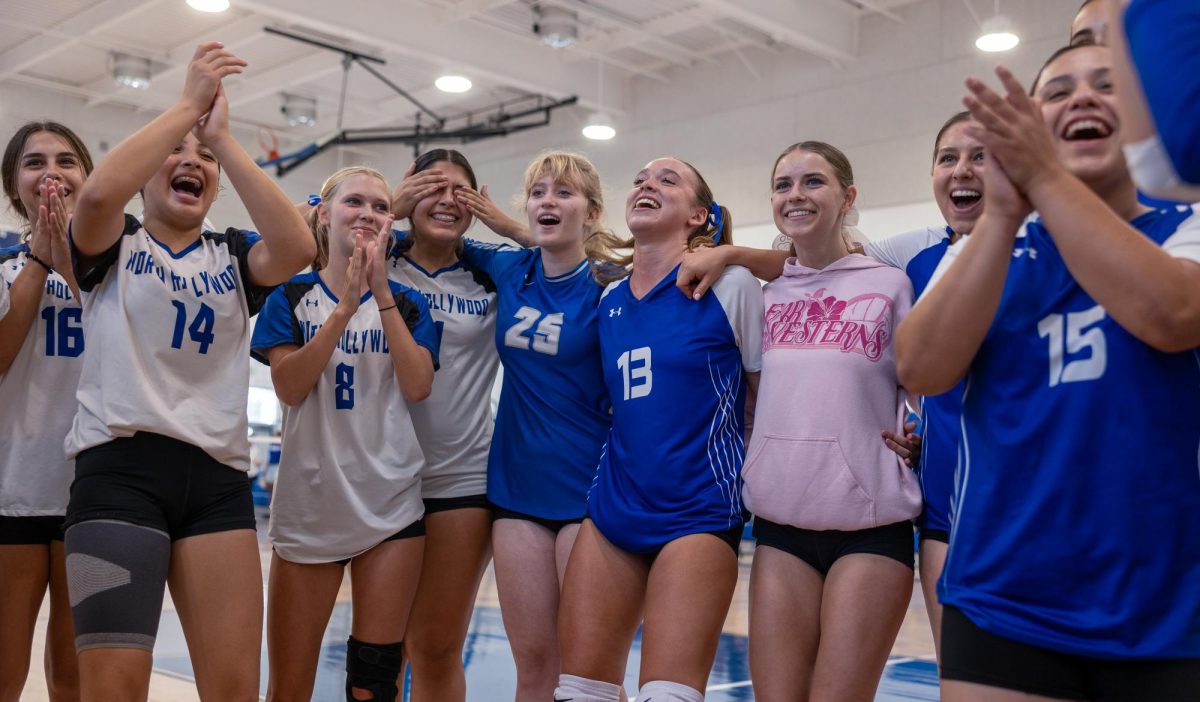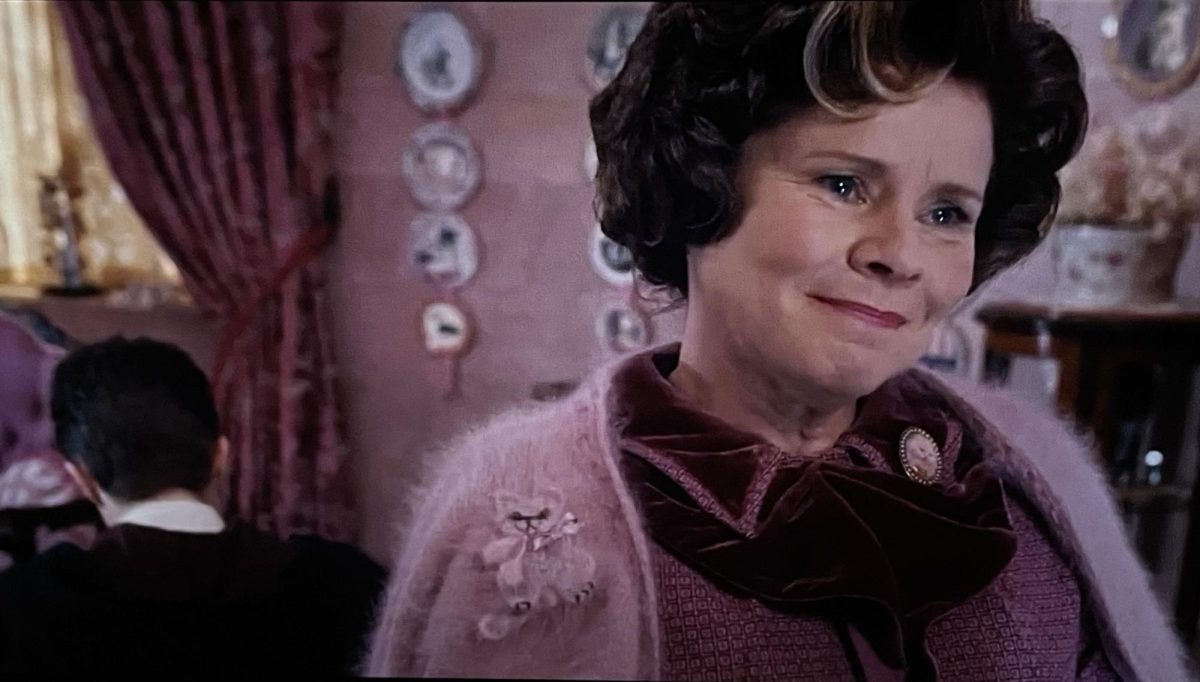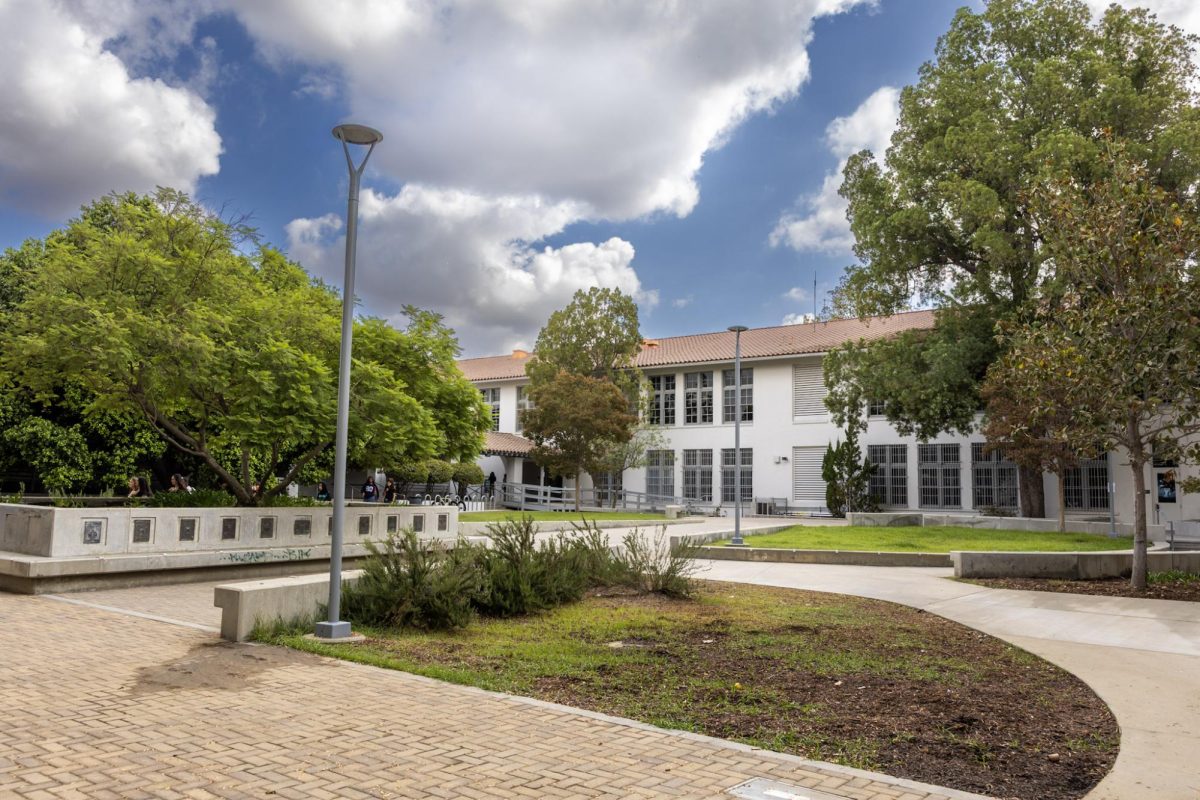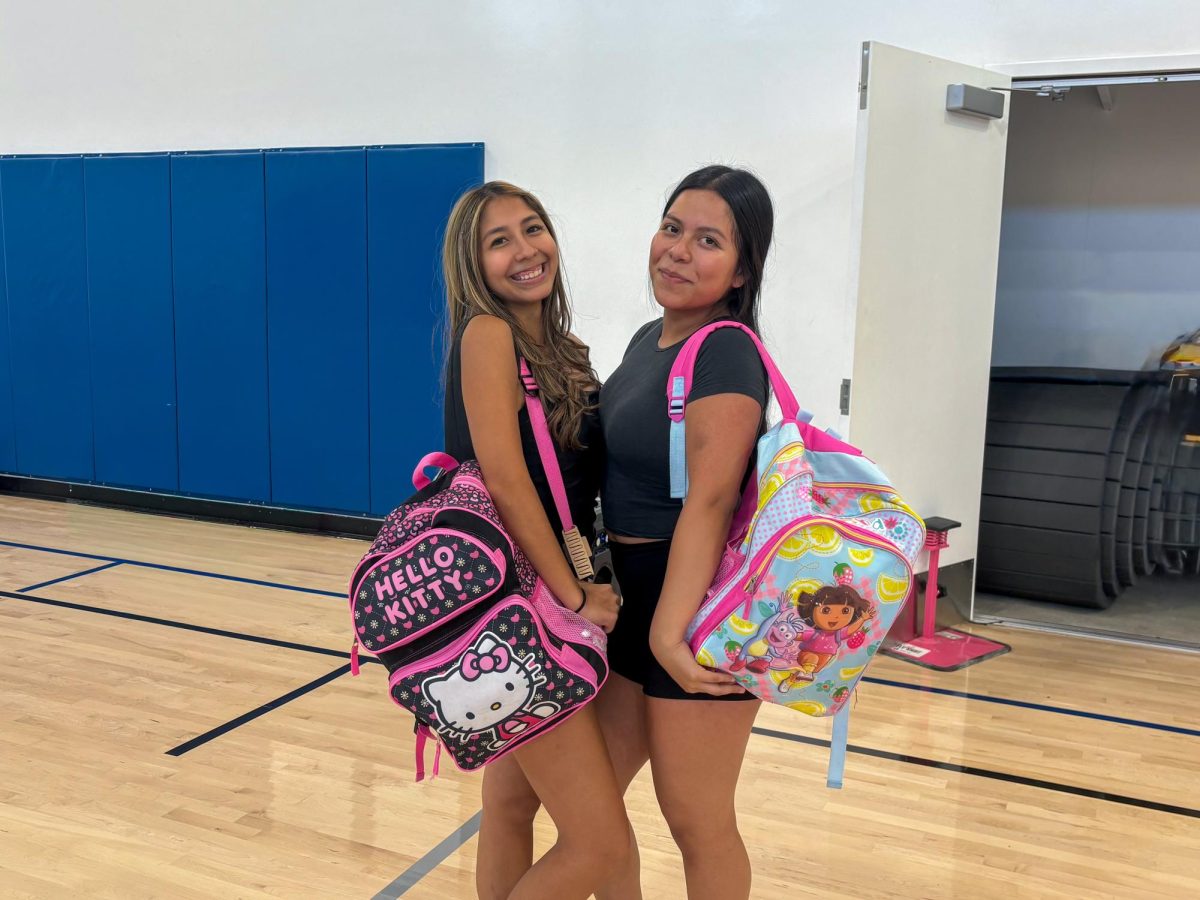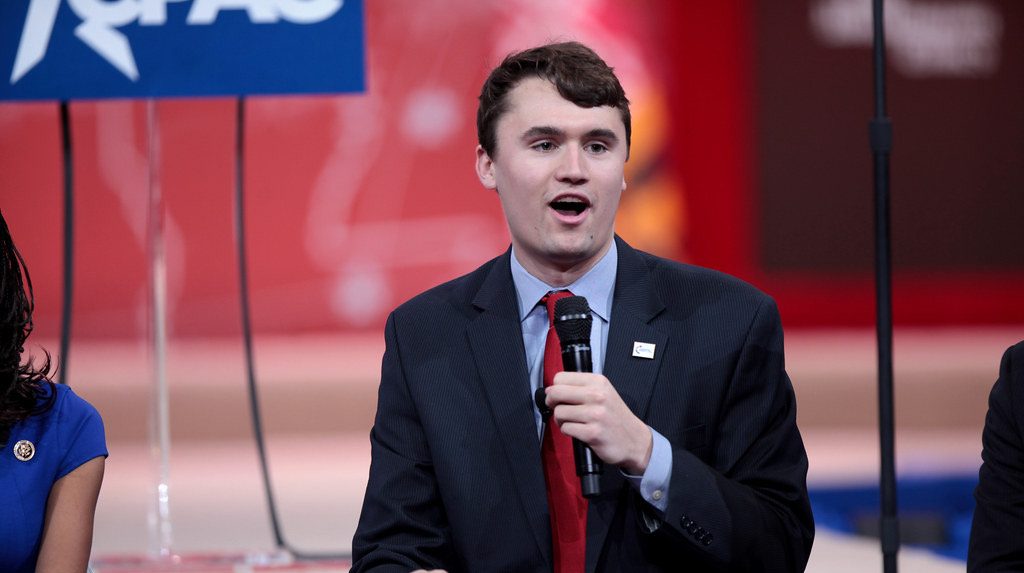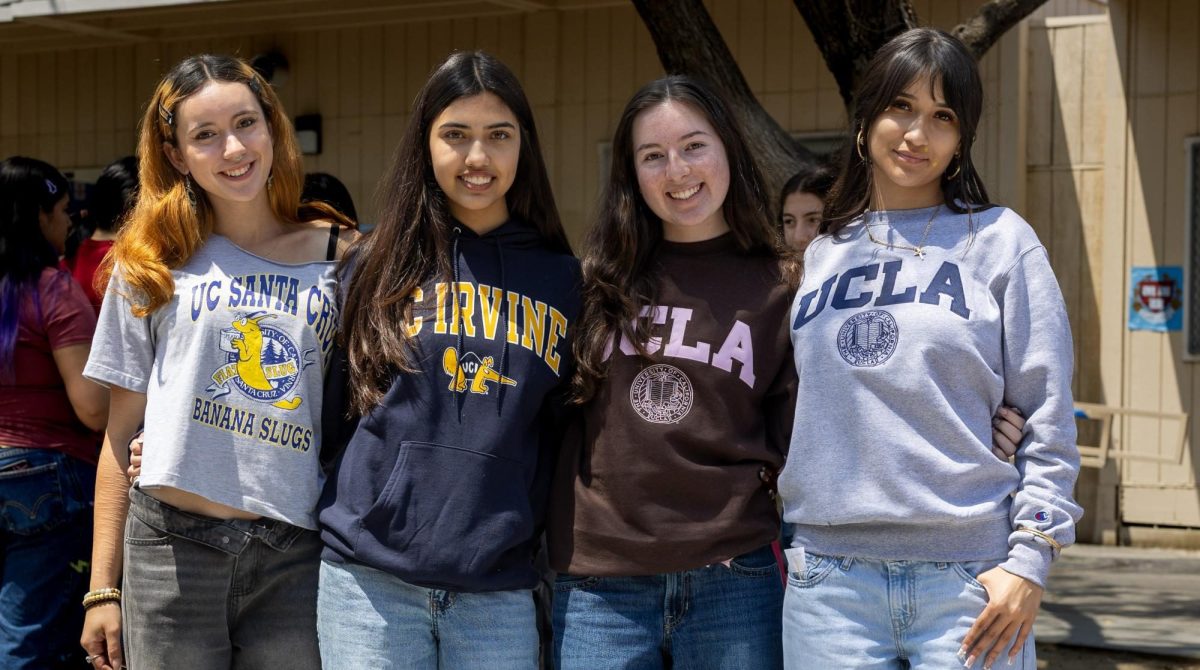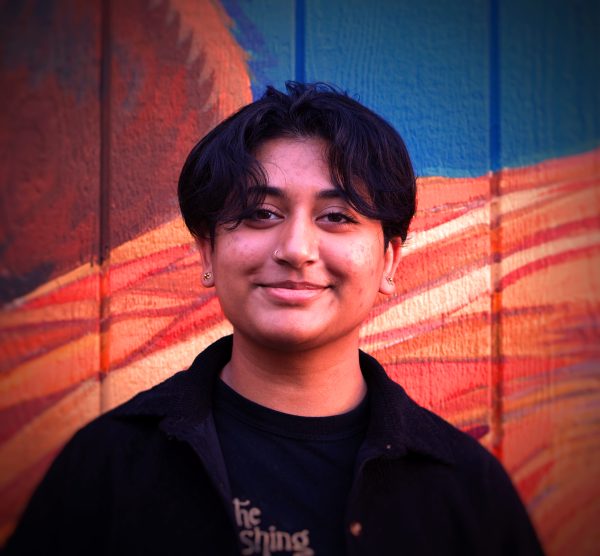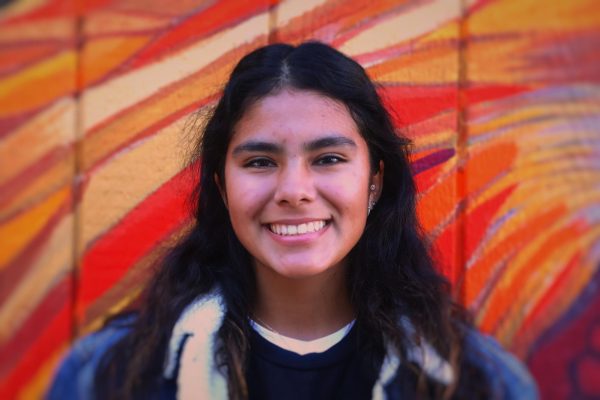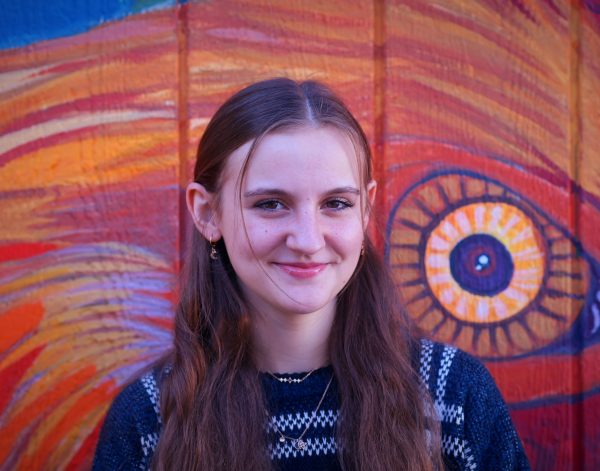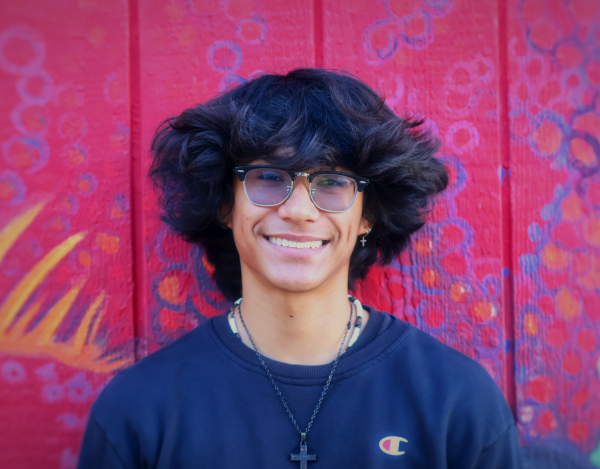Intro:
It goes without saying that every election year is an important one. It is a huge opportunity to participate in one’s government and truly take an active role in what one stands for. This election year, however, is extremely pertinent as political division is skyrocketing more than ever. This is especially true with the controversy with former President Donald Trump and whether or not he should be a part of the ballot due to his civil, criminal, and government cases, as well as earlier incidents, such as the January 6th insurrection.
Nonetheless, presidential primaries take place on March 5th, 2024, and special primary elections take place on March 19th, 2024. This means voting for general election candidates to be on the general election ballot, which will take place November 4th, 2024. In other words, not only does one vote for presidential candidates to be on the general election ballot, but also state candidates such as senators, district school board, council members, district attorneys and judges.
So, what does this mean for students at North Hollywood High School? It means an entire generation – at least those born in 2006 turning 18 this year – has the ability to vote, if not in this primary election, in the “big” elections – the presidential election that is, and truly impact these elections if they are willing to do so.
One senior, Zoo Magnet student Zachary Haddad, said, “I am registered to vote and that was one of many things I was excited about since I haven’t been able to be a part of elections so far in my life. I will most likely vote in this election which is exciting since it’s gonna be a pretty important one for our country’s future. I think it’s a civil duty for anyone eligible to vote so hopefully other 18 year olds vote as well.”
SAS senior Griselda Salinas added: “Although I won’t be able to vote in the primaries, it is important to stay informed because staying informed will allow me to make my choices in the November 8th election.”
Campus Perspectives: Is Voting Accessible?
To SAS senior Fameda Mema, as a first-time voter, the bureaucratic aspect of voting is tedious and convoluted. “The form was easy to go on. Finding the website was actually kind of difficult, but the thing is, you have to print out a piece of paper to sign, and then you have to mail it back to them. You can’t email it or submit it through a computer. And then if you can’t print it out, they mail it to you and then you mail it back to them, and because of that, I didn’t do it,” she says.
When asked if she was registered to vote, Mema said, “I think I’m not.” Later, she said that she checked her registration status and was registered, exemplifying the statement that the voting websites are “difficult” to maneuver.

On the other hand, Ms. Rojas, an SAS politics and government teacher, believes that voting is accessible, at least in comparison to the past, saying “I feel it has been more accessible than it used to be, where you would have to go to a polling place, and write it out. Now it’s just a quick little questionnaire online, and you can just get registered, and then the info gets mailed to you. Specifically here in California, I have to say, and Los Angeles County compared to other places…I feel it’s been more accessible.”
When asked about her voting status, senior SAS student Adriana Perez replied: “I am registered to vote [and will vote] in the primaries. I have been keeping up with my primaries and [researching] what propositions to vote on.”
Defeat in the face of inaccessibility doesn’t mean that there isn’t a desire to vote. “Yeah, I do [want to vote], but it’s just- getting registered to vote was really annoying. So I just decided – I think you can register to vote on the day that you go to vote, I think they will do that for you, so I was just planning to do that,” Mema says.
On the other hand, James Travers assesses his observation by saying, “To be honest, I haven’t seen many politicians campaigning that caught my eye to vote for them yet, so I won’t be participating much in voting for a party primary and will wait for the big election.”
Voting in all elections is important, of course, but it can be hard to feel like local elections are as big of a deal as national elections. Despite what anyone may think, local elections and their direct impact on our communities makes them just as important as larger elections.

Young people are very passionate about politics, but there is a significant difference between wanting to participate in politics, and feeling like your vote matters or that representatives will actually make change. In this article from the Chicago Council on Global Affairs, Scott Warren writes that “Young people are hungry for demonstrable change in a moment in which they have been so frustrated by a lack of real action from their elected officials.”
Why Young People Feel the Way They Do:
It’s no secret that today’s youth think the political system in place isn’t cutting it. Warren, founder of the national civics education organization Generation Citizen, writes that “A majority of young people in the United States (56 percent) feel that the politics of today are no longer able to meet the challenges the country is facing.” More concerning, however, is the statistic given about morale: “Almost half (42 percent) of young people feel that their vote does not make a difference.”
This doesn’t even take into account intersectionality. Being a person of color, being lower-class, being disabled, etc – there are so many other aspects of identity than age that can change attitudes on voting. Most marginalized groups have experienced voter suppression in the past, and the generational impact of that is still seen today.
This critical study by the Society for Research in Child Development at Michigan State University writes, “Legacies of political disenfranchisement and voter intimidation, as well as disidentification with a predominantly White…political elite, may also explain lower rates of political participation among people of color.”
It’s hard to get over the barrier of indifference and the feeling of insignificance. But as members of this country, we have a duty to ourselves and our communities to use what influence we have on politics.

The Arcade’s Thoughts – Why Voting is Important:
Self-determination is the foundation of our country. Democracy is what makes our nation “free,” and using that democratic power to elect competent officials is what makes our nation’s people “brave.”
We at the Arcade believe that anyone with the right to vote should exercise it, and we heavily encourage students to participate. It is our responsibility to push politics and politicians to accurately represent our views, and it is the representatives’ responsibility to execute it. We as a generation must do what we can for our future.
Voting can be intimidating, and in the grand scheme of national elections, it can be hard to feel anything but insignificant. But your vote counts just as much as anyone else. National elections aside, the state and county elections are also in full swing, and those are just as – if not more – relevant to you.
For example, one of the current elections on the ballot is the LA City Councilmember for District 4, which includes Studio City and Van Nuys, meaning policy passed by the representatives elected this week will directly affect us in our school.
Another current election on the ballot is the LAUSD board member election: there are seven LAUSD board districts, and four of them are on the ballot. Board vice president Scott Schmerelson representing District 3, and Tanya Ortiz Franklin representing District 7 are both incumbents running to maintain their seats.
Voting Guide:
In an effort to urge you, the reader, to vote, we at the Arcade have compiled some resources for you. You can pre-register, register, or check your registration to vote here. If you’re unsure of where to vote, click here for a map of polling places for in-person voting, and here for a map of ballot drop boxes.
What if you are late to the scene? A news release on February 22nd from the LA County Registrars’ office says, “First-time voters who missed the registration deadline can visit any Vote Center, complete a Conditional Voter Registration, and cast a ballot in this election.”
Although partisan voting makes politics easier and more accessible to the general public, we encourage you to research your possible representatives. You can find information on Ballotpedia, Votesmart, FactCheck, and many more.
But voting isn’t the only way to participate politically. If you are serious about a specific candidate and want to support them beyond the ballot, you can volunteer with their campaign. In addition to door-to-door advertisement, technology allows political candidates an entirely new plane of outreach. This journal, Youth Political Participation: Bridging Activism and Electoral Politics by the Annual Review of Sociology writes, “…numerous studies have discussed the ways that activism and more institutionalized forms of political engagement—including voting—have increased through the use of these technologies.”
Gen Z are more familiar with this new, digital era than anyone else, and it is unspeakably important that our knowledge and digital fluency applies to politics. Ms Rojas succinctly explains why, saying, “I hope that the younger generation starts to participate more…so that way we have leadership that represents our nation.”
“It is important for us to learn about history to learn about what better decisions we can make for the future. Voting [plays] a big role in having an impact for the future,” says Salinas.

